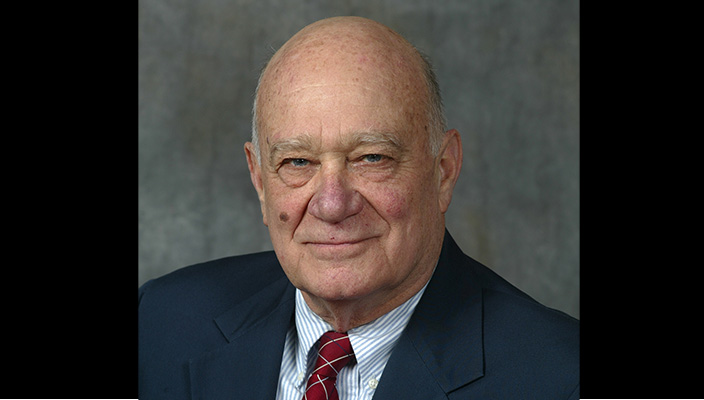When a prominent magazine dedicates its issue to “The Lost Year,” that is a clear signal to take stock of where we are and how we might best proceed. This year of the Covid-19 Pandemic has disrupted – and ended – many lives.
During the past week, Susanna, a friend who has degrees in public health and pharmaceutical studies, said that people need to weigh their options both in terms of medical security and mental health. To what extent do we restrict our mobility and our interactions with other folks out of concerns for health safety? What kinds of initiatives and activities can we advance for purposeful, satisfying lives?
This year, as every year, I receive alumni magazines from my two colleges, Union and Columbia. Especially in this Covid-19 year, I am saddened by the expanding list of dead alumni.
When I went to my 50th Union College reunion in 2007, we were given a list of “the deceased” from our class. At my 60th reunion in 2017, Union gave us a list of the “departed” (far more numerous than our returning reunion group).
Perhaps it is a component of one’s own aging to think more often about your cohort groups – what characterized their lives and what were their legacies when they departed. No group of individuals can fit into easy generalizations, but as I thought about the young men I knew in the 1950s, it seemed to me that they provide values and actions that are pertinent in our troubled times of 2020.
My generation of the ’50s has been mocked for conformity and “The Organization Man.” But as the historian David Halberstam points out in his excellent book “The Fifties,” many of the reform activities of the 1960s began in the previous decade.
Looking back, I have been thinking of the legacies of the “departed” – those who were on college campuses with me during the ’50s. Recently, I have written about the impact of fraternities, and I was surprised by the number of emails I received, several from members of my own National, who included the secret fraternity sign-off closing (which I had forgotten).
Several people who wrote to me acknowledged that there was excessive drinking in fraternities, but they celebrated the sense of belonging and a feeling of brotherhood that affirmed their sense of well-being.
That view was also conveyed over the years by those in the now departed cohort. It speaks to a continuing dysfunction in American society – feelings of loneliness. Such deprivations are extensively documented now during the 2020 Pandemic, with reports of increased depression, rising considerations of suicide, and problems connecting with others (a recent article was entitled “Alone together.”)
What Suzanne Gordon described as “Intimacy Anorexia” has been an American challenge for decades, amplified by sociologist Philip Slater’s analysis in “The Pursuit of Loneliness.” Just this week, Harvard scholar Robert Putnam, author of “Bowling Alone,” noted that people who “are lonely and feel isolated” are probably “more likely not to engage in politics at all.”
Among my tributes to “The Departed” was their sense of community, which was not only a boost to mental health, but also a spur to do good, not just to do well. Halberstam’s book highlights these positive dimensions of the so-called “Silent Generation.” For now, here are very brief examples from my experiences with “The Departed” (folks who I am missing more than ever in my advancing years).
Many in the 50s generation, especially on college campuses, thought globally, not just locally. Even in their youth, they were eager to cultivate global threads. College students in the 1950s opposed mandatory ROTC, escalations of the Cold War, as well as military budgets, and adventurism. These young folks became ardent supporters of JFK and his call for Peace Corps volunteers. All of those positions continue to be relevant today with our bloated military budget at a time of record deficits and expanding economic hardships. Where are the “Peace Dividends”?
Fraternities at Union College in 1956 sparked an effort to bring vulnerable Hungarian Freedom Fighters to our campus, providing housing and other support. They lobbied the college to grant scholarships to young Hungarian refugees. At that time, I had the privilege of being president of the student body as well as of the Interfraternity Council. What impressed me then, and encourages me in the years of our pandemic epidemic, are the effects of collective, sustained actions.
People who meet collectively (live together on college campuses) have opportunities for daily communications and building bonds of encouragement and support. Sometimes it is said they are more talk than action, but studies in social psychology illustrate that the key step for virtuous conduct is to have feelings and concerns about justice and humanity. While some critics rush to negative views about people who espouse reform goals but don’t do enough, social psychologists contend that the spread of empathetic, humanistic views can also affect how others feel – and think.
As more people share positivity about change and reform, tipping points can be reached when actions will produce major results. That was the case for my “departed” pals when they led protests against the structural racism of the 1950s. They were willing to put their fraternities on notice, challenging the good old Southern guys who ran most nationals, with minimally disguised racist views (so offensive in the immediate years after the Supreme Court’s unanimous Brown decision in 1954).
[In my next column: The 1950s battle against systemic racism by college students]



